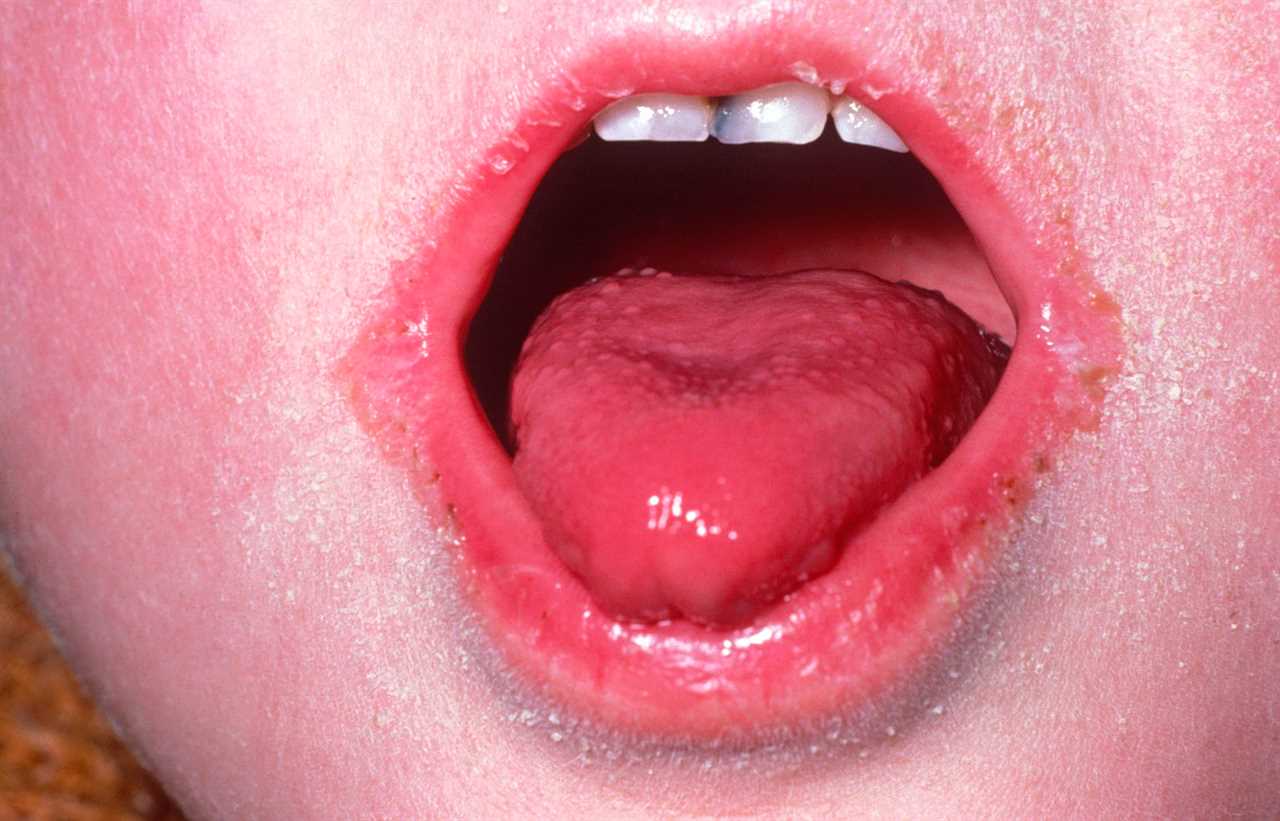PARENTS have been urged to be on the look out for signs of a dangerous Victorian illness as cases continue to rise.
Infections of scarlet fever have increased in recent weeks, and health chiefs have warned Brits to be ‘vigilant’.

Data from the UK Health Security Agency (UKHSA) has revealed that Derbyshire has seen a spike in infections, with 53 being detected in the last four weeks alone.
In last eight weeks, there has been 103 cases in the area, with experts claiming that the jump could be down to low immunity levels.
Director of public health at Derbyshire County Council said measures such as social distancing and other pandemic policies may have had an impact.
Dean Wallace said the pandemic and students not being in close contact with each other has led to lower background levels of immunity.
Read more on scarlet fever
He explained: “It has not been a major issue in the past and you just need to treat the symptoms.
“What we are seeing is the impact of the pandemic with diseases that we have seen before popping up in higher levels than previously.
“People need to be vigilant and monitor the symptoms and to contact their GP (if they see symptoms) and to follow basic hygiene rules such as washing their hands regularly,” he told the Local Democracy Reporting Service.
He added that health chiefs are now seeing an influx of other illnesses which they had seen much lower levels of during the pandemic, such as scarlet fever and norovirus.
Another expert warned that the East Midlands as a whole has seen a rise in cases – but added that this isn’t uncommon.
Dr Samia Latif, consultant in communicable disease for UKHSA in the East Midlands added: “Scarlet fever is highly contagious, however, is not usually serious and can easily be treated with antibiotics to reduce the risk of complications and spread to others.
“To limit the spread of scarlet fever, remember to practice good hand hygiene by washing hands with warm water and soap, not sharing drinking glasses or utensils, and covering the noise and mouth when coughing or sneezing.”
The data comes after it was revealed that cases of Victorian illnesses such as tuberculosis, measles and mumps have all risen dramatically in one area.
In Yorkshire and the Humber, cases of such conditions are at the highest levels seen since 2017.
Some patients were found to have these bugs – even when they hadn’t initially been admitted for them.










